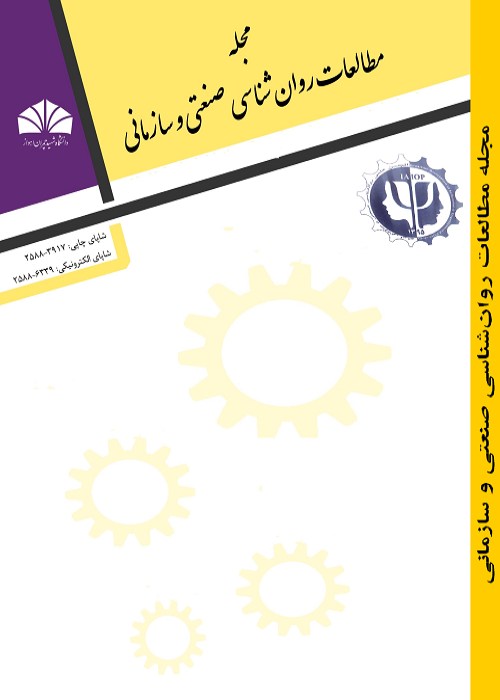The Relationship of Ethical Leadership and Organizational Identity with Unethical Pro-Organizational Behavior Mediated by Organizational Commitment
The purpose of this study was to investigate the relationship between ethical leadership and organizational identification with unethical pro-organizational behavior mediated by organizational commitment. Unethical pro-organizational behavior refers to “actions that are intended to promote the effective functioning of the organization or its members, and violate core societal values, morales, laws, or standards of proper conduct”. This definition highlights two dimensions of Unethical pro-organizational behavior. First, UPOB is unethical in that it involves committing an action that goes against widely societal values, laws, or norms. Second, UPOB is intentional insofar as employees engage in the UPOB intending to benefit the organization, members of the organization, or their leader.
The present study was a descriptive correlational study. The population of the present study included all the employees of Shahid Chamran University of Ahvaz, from which 133 persons were selected by stratified random sampling method as the sample of the study. The data collection instruments were the ethical leadership (Brown et al.), organizational identification (Mael & Ashforth), unethical pro-organizational behavior (Umphress et al.), and organizational commitment (Allen & Meyer) questionnaires. Data were analyzed using structural equation modeling (SEM) in SPSS-23 and AMOS-23 softwares.
Structural equation modeling analysis confirmed the fitness of the proposed model. The results showed that ethical leadership and organizational identity have positive and significant effects on unethical pro-organizational behavior (p<0.01). Also, the mediating role of organizational commitment in the relationships of ethical leadership and organizational identity with unethical pro-organizational behavior were confirmed (p<0.01).
In general, the results showed that when an organization has ethical leadership and employees have a high involvement with their work and work environment, in such circumstances, they will have more organizational commitment and will seek compensation according to social exchange theory. So, probably they will have more unethical pro-organizational behavior To benefit their organization.
- حق عضویت دریافتی صرف حمایت از نشریات عضو و نگهداری، تکمیل و توسعه مگیران میشود.
- پرداخت حق اشتراک و دانلود مقالات اجازه بازنشر آن در سایر رسانههای چاپی و دیجیتال را به کاربر نمیدهد.



